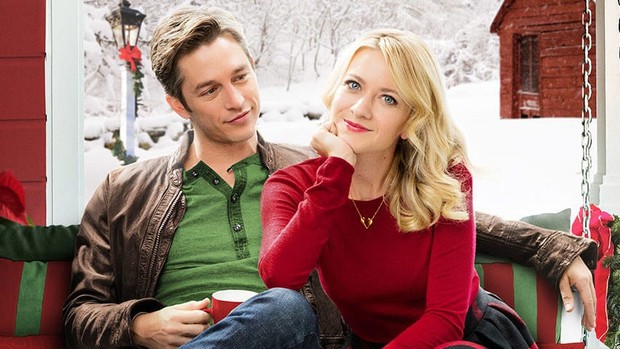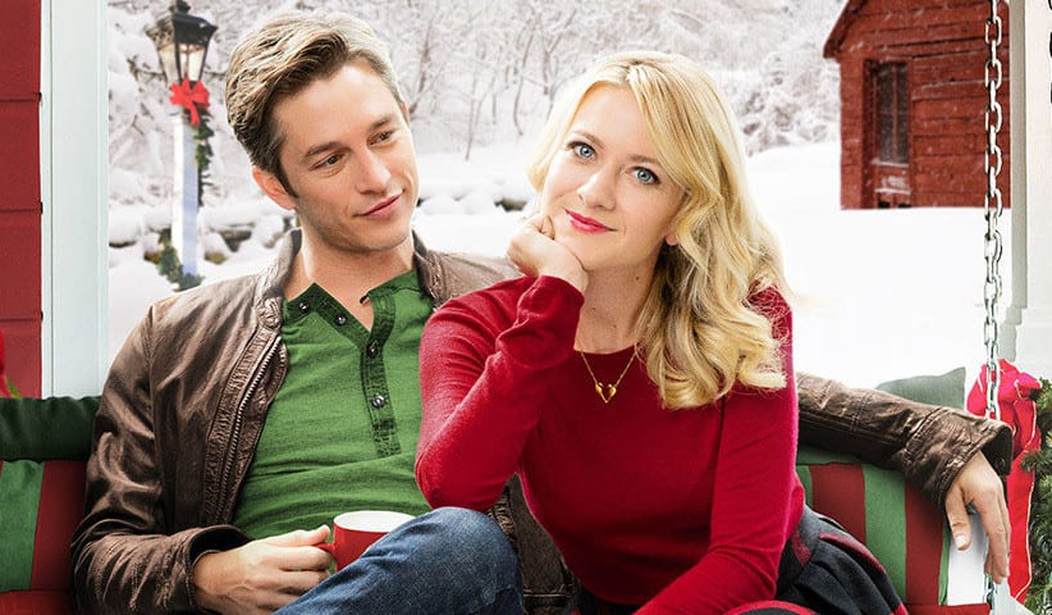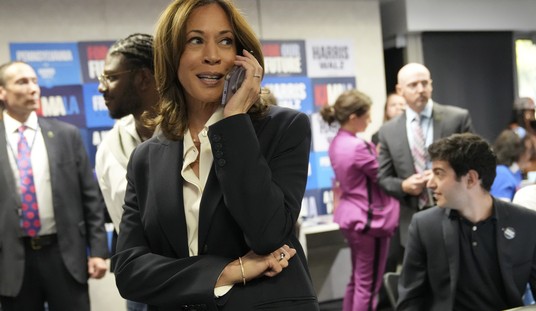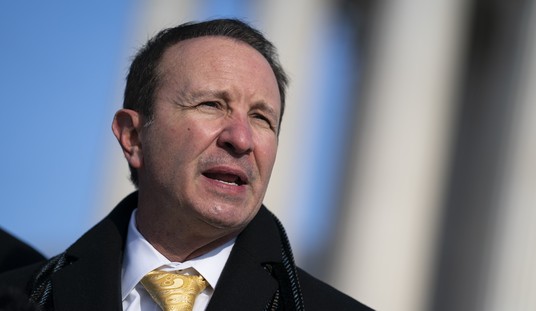
It was inevitable. Eventually, Hallmark was going to fall into the crosshairs of the social justice community, which would subsequently trigger a mainstream media assisted attack. Hallmark was too wholesome, hetero, and white. According to them, it’s not inclusive enough with its white leads always finding love with someone of the opposite sex.
But the seemingly concerted attack on Hallmark now also has an extra entrant into the dogpile. Now a New York Post writer, Jennifer Wright, is proclaiming that the Hallmark Christmas movies are “sexist.”
“Hallmark’s sexist tropes are getting boring” proclaims Wright in her title, who then proceeds to highlight a constant pattern she’s seen in the movies:
A woman with a thriving career in a big city is called back to her hometown, where she falls in love with a man and decides to give up her career and the city forever.
That’s what happens in the 2016 Hallmark Movie “Christmas Cookies,” where a woman goes to a small town to shut down a cookie factory — until she falls in love with the factory owner. Or “Christmas Joy” from 2018, where a New York City market researcher on the verge of a promotion is called back home. There, she participates in a “cookie crawl” and falls in love.
Presumably, she never thinks about that silly promotion again.
This year, Hallmark shows like “A Perfect Christmas” (in which an extreme sports reporter returns to her hometown) and “Christmas Town” (where a woman gives up her life in the city of Boston and finds Christmas magic in a small town) will serve up similar helpings of holiday “magic.” Unless your idea of magic is a thriving life in the big city.
She sums it up in a later paragraph:
Hallmark constantly reminds viewers that perfect bliss can be achieved only by forsaking an urban environment for a rural one. If you’re a woman, you should also value marriage over your career. And, as zero of the 40 Hallmark movies being released in 2019 feature an LGBTQ romance as the leading storyline, it goes without saying that marriage should be a heterosexual one.
I want to bypass the obvious solution to Wright’s problem, and that’s that if she doesn’t like Hallmark movies, then she doesn’t have to watch them. Turn to a channel that’s more your speed and/or belief system. You don’t see people demanding that the LOGO channel do more to promote the Christian view on marriage. That’s not what that channel is for. Why are people thinking it’s okay to demand the Hallmark channel change up a winning formula.
But it’s that winning formula that I really want to talk about.
Wright is wrong about her approach toward the movies, but she’s right about the premise.
White, no-nonsense busy girl from Busy City gets her life flipped upside down when she goes to Quite Town and meets a wholesome man who makes her realize that what is important isn’t her busy job at Busy City, but love and quality relationships. She gives up her busy life, forsakes Busy City, and falls into the quiet life of happily ever after.
The end.
This storyline is everything feminists hate. The very idea that a woman would give up a career for a man induces nausea. Even worse if she becomes a housewife who raises the children of the man she gave up her career for. For feminists, that’s a step down in life. Surely, no one can truly be happy unless they have a successful career with no children and a string of lovers that reflect her empowered status as a free woman.
But if women truly wanted that…then why are these cookie-cutter Hallmark movies so popular? Why do they attract millions of viewers, most of them women? Why is every other internet search about Hallmark Christmas movies written by a woman promoting them, or even defending their love of them?
Is it because despite all the feminist propaganda and misleading studies, that women truly have the desire to settle down with a man and raise a family? That beneath the layers of popular modern modes of thought and feminist programming that nature shines through, and women really do have a deep-seated desire to fall in love, find the warmth and prosperity of a stable relationship, and grow something from that?
Is it possible that women are easily seduced by the idea of a magical and romantic story of falling in love because in their heart of hearts they desire that for themselves? That they want something so wholesome as to feel they belong to someone in a community of people who also accept her?
The truth about Hallmark movies is that they touch something social justice warriors, feminists, and other “progressive” groups don’t want to acknowledge and definitely hate, and that’s the natural yearnings of women.
They’re horrified that women want to settle down and raise a family and be reliant on a man while doing so. They consider that a step backward and regression of the principles they believe they’ve established as holy in our society.
But is it? What’s wrong with being a mother and a wife? That’s an experience that is difficult and stressful, and I have no doubt there are times when a mother’s frustrations with her family rich boiling points (sorry Mom) but in the end, that career in Busy City isn’t going to provide the same kind of satisfaction and warmth that her family did. On her death bed, her career won’t be holding her hand or carrying on her legacy. She’ll be forgotten at the workplace after a few years. Any affections she found there would be fleeting.
But not the family. The bonds there are stronger than a career and more fulfilling to boot.
The truth is women watch Hallmark movies because no matter how hard they try, the social justice community can’t stop women from being women. Hallmark makes a mockery of their efforts, and they can’t stand to look at it.















